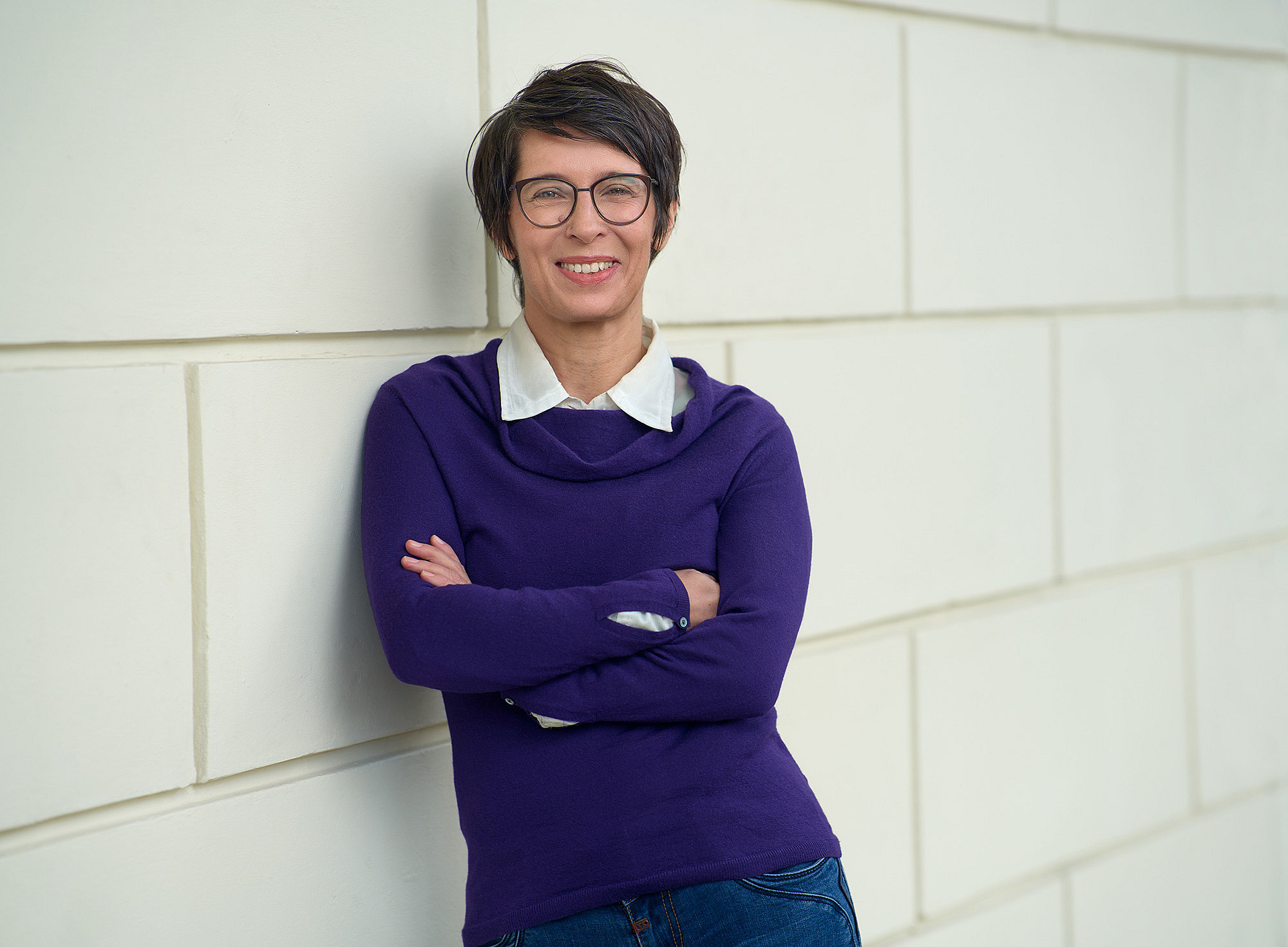Every year, the European University Alliance Arqus presents its Teaching Excellence Award for university courses which are outstanding and particularly innovative in terms of didactics. The award goes to teaching initiatives which promote an interdisciplinary learning culture that enables students from diverse backgrounds to succeed in inclusive, community-based and dynamic learning environments.
Out of more than thirty pre-selected submissions, Sabine Bergner won over the jury with her seminar "Psychological Principles of Negotiation, Persuasion and Influencing", which she held in the winter semester 2022/23. The seminar systematically explores the psychological principles of leadership and influencing in a professional work context in the form of interactive lectures, team-based learning with a gamification approach, case studies and practical application of what has been learned. After completing the course, students should be able to describe, compare and critically evaluate the most important psychological leadership/influence theories and apply them to real world problems. In addition, they should be able to understand the interrelationships between power, leadership and influence, develop simple leadership interventions and analyse their own leadership style. "I am very honored to have received the Arqus Teaching Award," says Sabine Bergner. "It recognises a part of my work that is particularly important but all too often tends to fade into the background in everyday academic life. I am delighted that Arqus attaches great importance to academic teaching."
The European University Alliance Arqus includes the universities of Granada, Graz, Leipzig, Lyon 1, Maynooth, Minho, Padua, Vilnius and Wrocław. The aim of the network is to work together on improvements in the areas of research, studies, teaching and social commitment.
